Theories of Alienation From Rousseau to the Present
Theories of alienation had a long history, burgeoned since the 1960s, yet almost disappeared in recent decades – but in his book, Christoph Henning brings these theories back on the agenda, to better account for contemporary social pathologies. Feelings of estrangement, of not feeling at home in the world, in one’s own body or surroundings, are widespread in contemporary societies. They go hand in hand with loneliness, with a burnout, with depression or with anger and hatred. But where do they come from, what do they signify? Henning tracks theories of alienation from three different traditions: first, a conservative approach from Rousseau to Hartmut Rosa explains alienation with change and is based on nostalgia; second, a liberal approach from Simmel to Rahel Jaeggi relies on individual autonomy and explains it as a loss of control; and third, an Aristotelian approach from Humboldt to Marx or British idealism, based on theories of flourishing, relies on a perfectionist anthropology and critical social theory. In doing so, Henning vividly reconstructs these traditions with contemporary examples and excursions into the movies. Theories of Alienation: From Rousseau to the Present shines important new light on this important field of contemporary social philosophy and is very approachable to the general reader.
Looking for a high-quality, original digital edition of
Theories of Alienation From Rousseau to the Present
? This official electronic version is published by
Routledge
and offers a seamless reading experience, perfect for professionals, students, and enthusiasts in
Religion and Philosophy.
Unlike EPUB files, this is the authentic digital edition with complete formatting, images, and original content as intended by the author .
Enjoy the convenience of digital reading without compromising on quality. Order Theories of Alienation From Rousseau to the Present today and get instant access to this essential book!

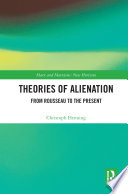

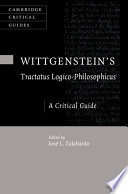

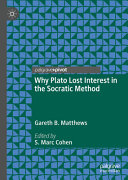
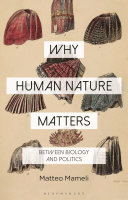


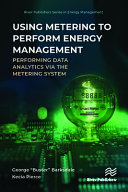
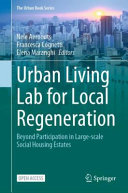
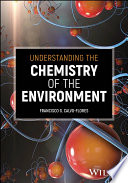
0 Comments